This is the English translation of a Turkish language article that was originally published by AVİM on 1 November 2024.
The 16th Summit of BRICS Leaders took place on October 22-24 in Kazan, the capital of Tatarstan in the Russian Federation, under the theme "Strengthening Multilateralism for Just Global Development and Security." Heads of state and foreign ministers from 36 countries attended the meeting. Brazilian President Lula da Lula, whose country is one of the founding members of BRICS, canceled his trip and participated online due to medical reasons.
The BRICS group, composed of major emerging economies (all of which are members of the G20), has a shared focus on cooperation in economic, commercial, and financial fields, political coordination, and socio-cultural exchange, and set out its goal of creating an alternative approach to the “Western-centered unequal globalization” model. Initially established in the 2000s by Brazil, Russia, India, and China, BRICS was renamed in 2010 with the addition of South Africa. The organization expanded in January 2024 with the inclusion of Egypt, Iran, the UAE, and Ethiopia. Other countries, including Argentina, Malaysia, Indonesia, Saudi Arabia, Algeria, Azerbaijan, and Türkiye, have also expressed interest. In response, a dialogue platform called BRICS Plus was created, along with a BRICS Partner Country category to engage additional developing countries. At the Kazan summit, Russian President Vladimir Putin announced Russia’s readiness to enhance collaboration with partner countries, signaling future steps in this direction.
BRICS functions as a forum rather than an international organization. The New Development Bank stands out as a tangible cooperative mechanism, providing financing for infrastructure projects. Although the group has discussed topics like using national currencies, de-dollarization, and potentially establishing a common currency, it should be emphasized that it lacks integrated structures such as a shared central bank, tax system, or duty-free trade agreements. Brazil’s commitments in MERCOSUR (the common market of South America) and Russia’s in the Eurasian Economic Union further limit these two countries’ flexibility needed to remove customs duties.
China's influence within BRICS is quite significant. Its economy surpasses the combined economy of the other member countries. Some observers even describe BRICS as "China and the others." For Russia, the summits serve as an opportunity to showcase its international presence.
Many countries that want to join BRICS seek to strengthen ties with countries like China and India, open up to new markets, and access funding from the New Development Bank. BRICS also offers a platform for developing alternative outlook on issues where Western nations have often presented a united front. For example, the Kazan Declaration, signed at the summit’s conclusion, condemned Israel’s actions in Gaza and the West Bank amid the ongoing humanitarian crisis, calling for a ceasefire and the immediate release of hostages. It also denounced Israel's attacks on Lebanon and on Iranian facilities in Syria.[1]
As BRICS expands, some observers have noted that finding common ground within the group may become increasingly challenging. Notably, the Kazan Declaration signed at the end of the summit avoided explicitly supporting Russia regarding the Ukraine conflict, instead reaffirming national positions as expressed in forums like the UN Security Council and General Assembly. Nevertheless, BRICS offers a platform where countries with diverse perspectives can converge, potentially creating new trade and investment opportunities for developing economies.
The Kazan Declaration reiterated the goal of equal representation and global governance. It highlighted issues such as the climate and energy, green technologies, counter-terrorism, artificial intelligence, digital public infrastructure, and cooperation in science, technology, and innovation. It underscored the value of people-to-people exchanges in education, science, and culture.[2]
In conclusion, the expansion of BRICS, meaning its enlargement as a cooperation platform with the participation of additional countries, offers significant economic and political opportunities. This also clearly presents challenges in achieving policy coherence among a growing number of members. Nevertheless, BRICS is set to remain an influential force on the global stage. The next Leaders’ Summit is scheduled to take place in Brazil under the country’s new presidency.
© 2009-2025 Center for Eurasian Studies (AVİM) All Rights Reserved

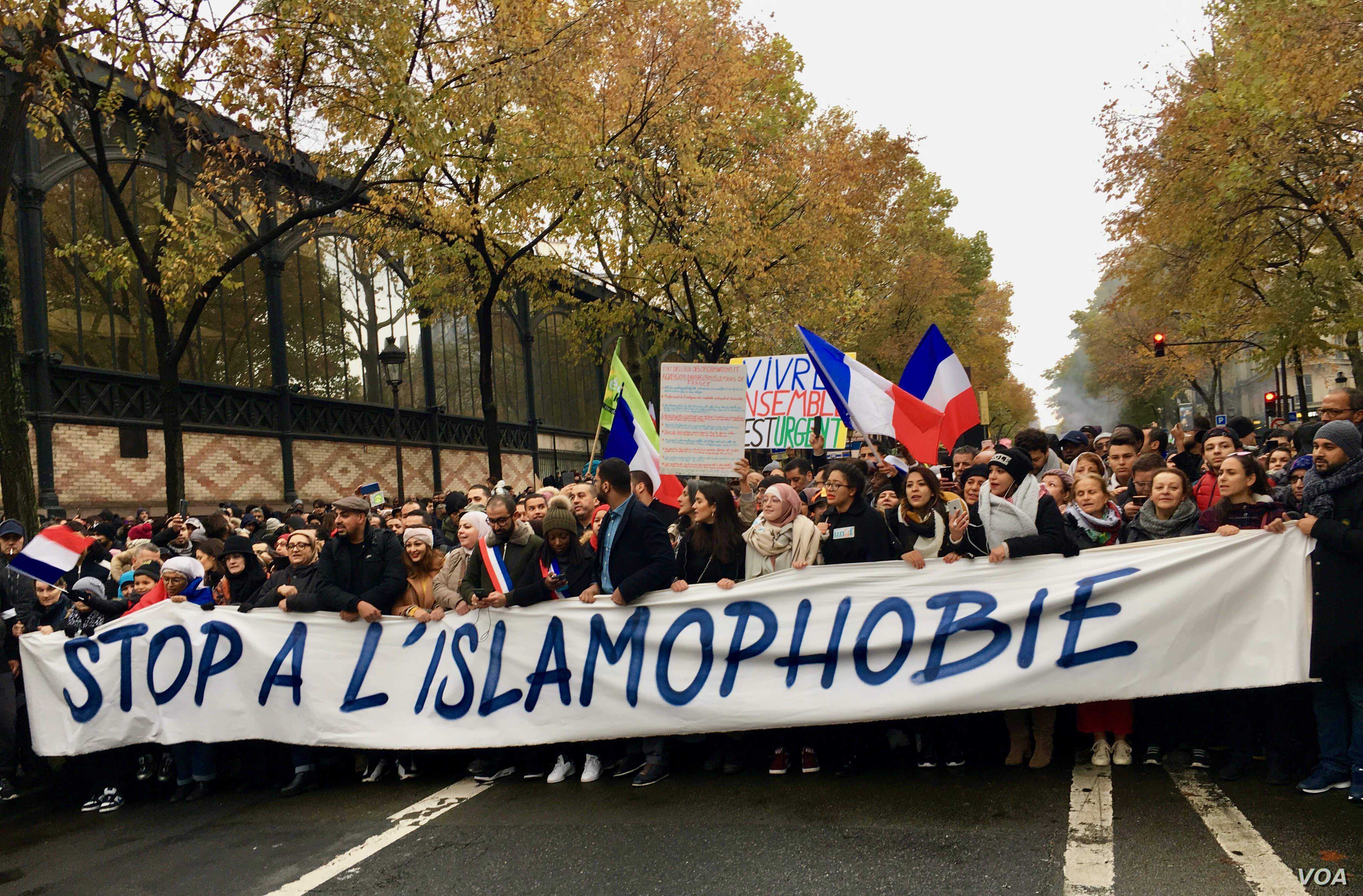 INTERNATIONAL DAY TO COMBAT ISLAMOPHOBIA
INTERNATIONAL DAY TO COMBAT ISLAMOPHOBIA
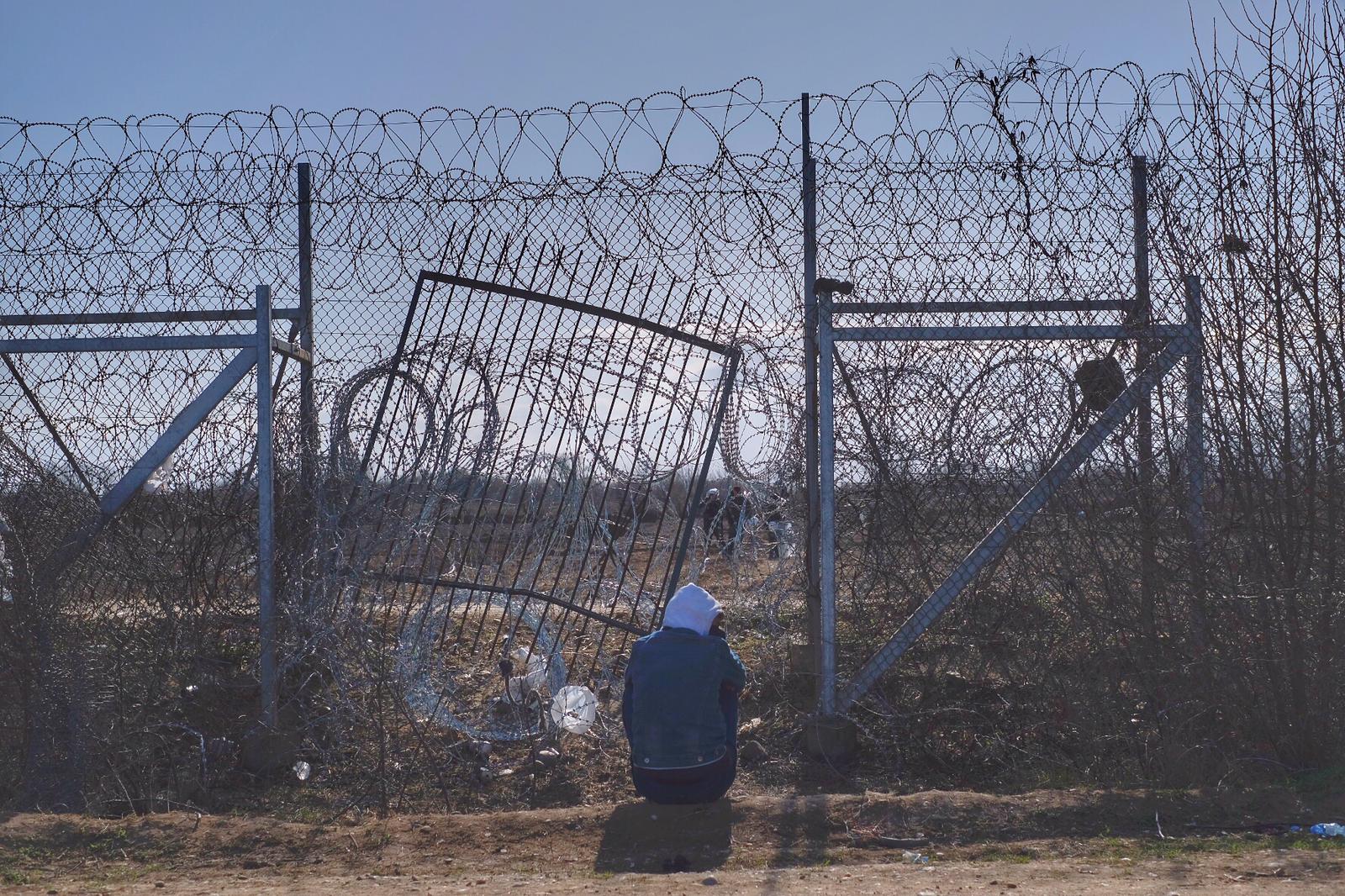 THE EUROPEAN UNION'S SHAMEFUL CAMPS CONTINUE TO EXIST DESPITE THE FIRE DISASTER
THE EUROPEAN UNION'S SHAMEFUL CAMPS CONTINUE TO EXIST DESPITE THE FIRE DISASTER
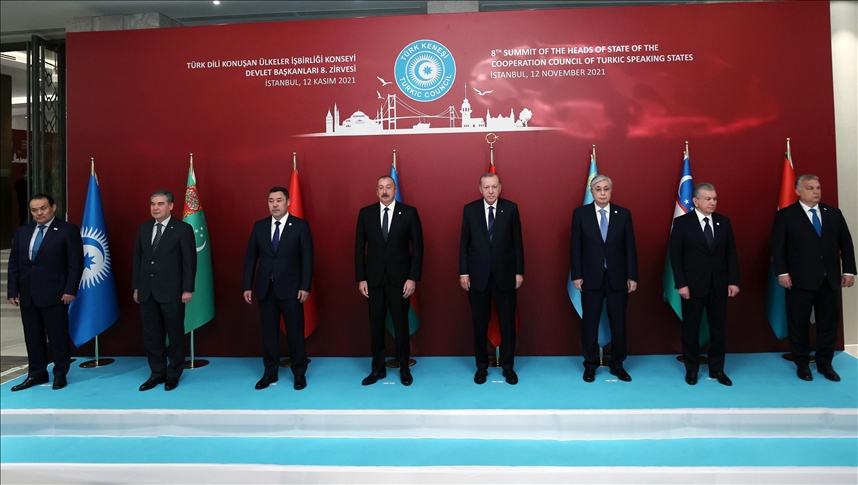 DEEPENING COOPERATION: ORGANIZATION OF TURKIC STATES
DEEPENING COOPERATION: ORGANIZATION OF TURKIC STATES
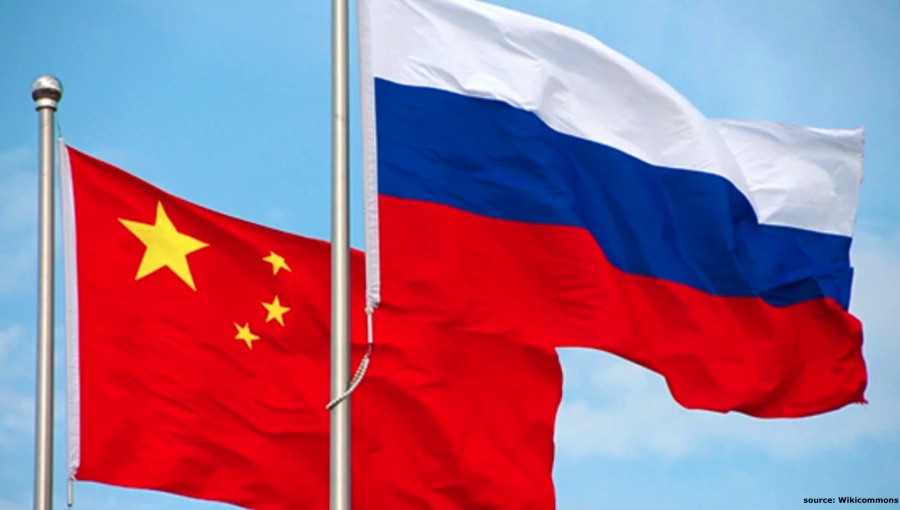 HOW HAVE THE SANCTIONS IMPOSED ON RUSSIA AFFECTED CHINA?
HOW HAVE THE SANCTIONS IMPOSED ON RUSSIA AFFECTED CHINA?
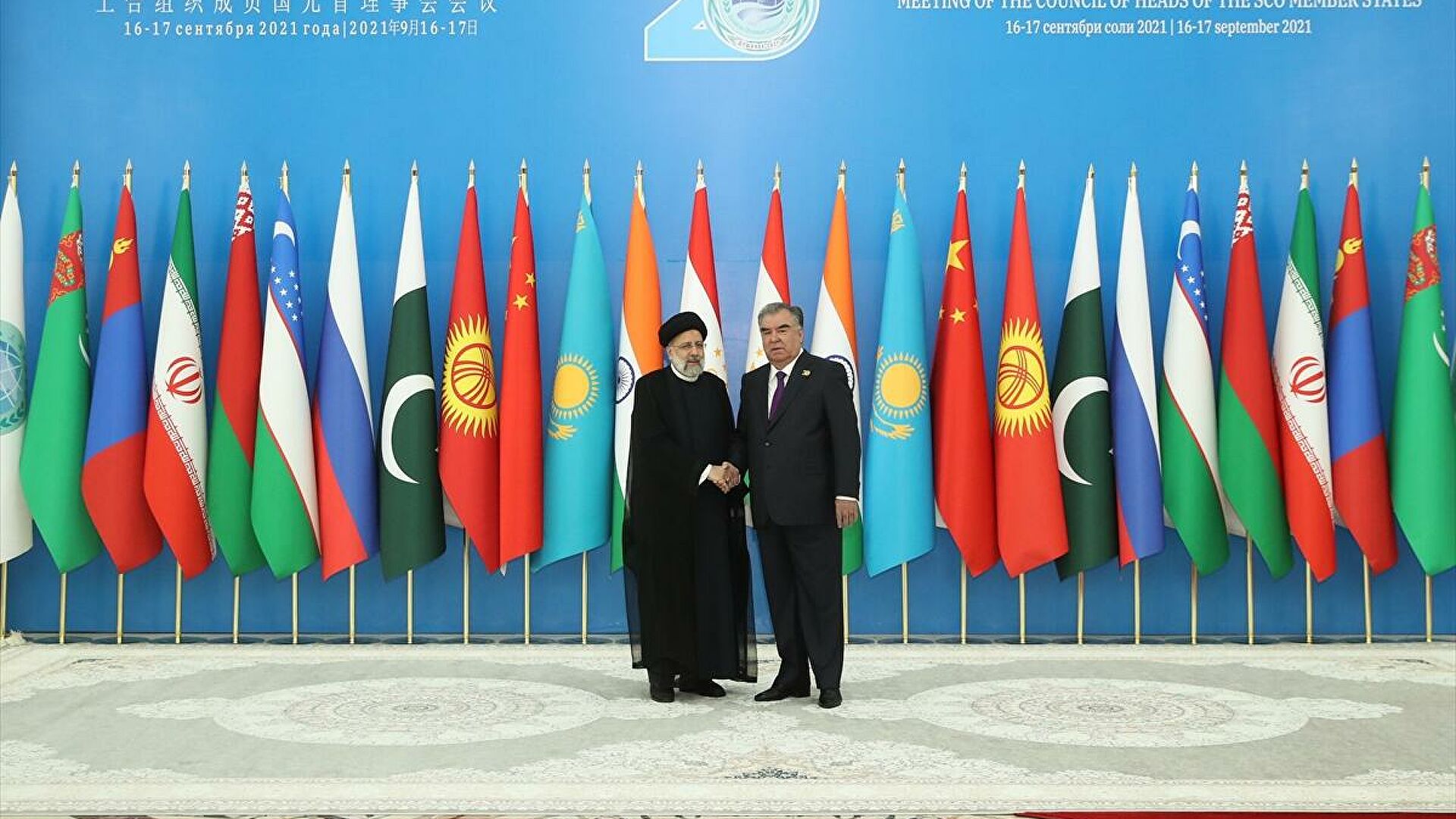 THE ACCEPTANCE OF IRAN'S MEMBERSHIP TO THE SHANGHAI COOPERATION ORGANIZATION
THE ACCEPTANCE OF IRAN'S MEMBERSHIP TO THE SHANGHAI COOPERATION ORGANIZATION
 VAHAN CARDASHIAN AND THE CRUSADE TO SABOTAGE TURKISH-AMERICAN RELATIONS
VAHAN CARDASHIAN AND THE CRUSADE TO SABOTAGE TURKISH-AMERICAN RELATIONS
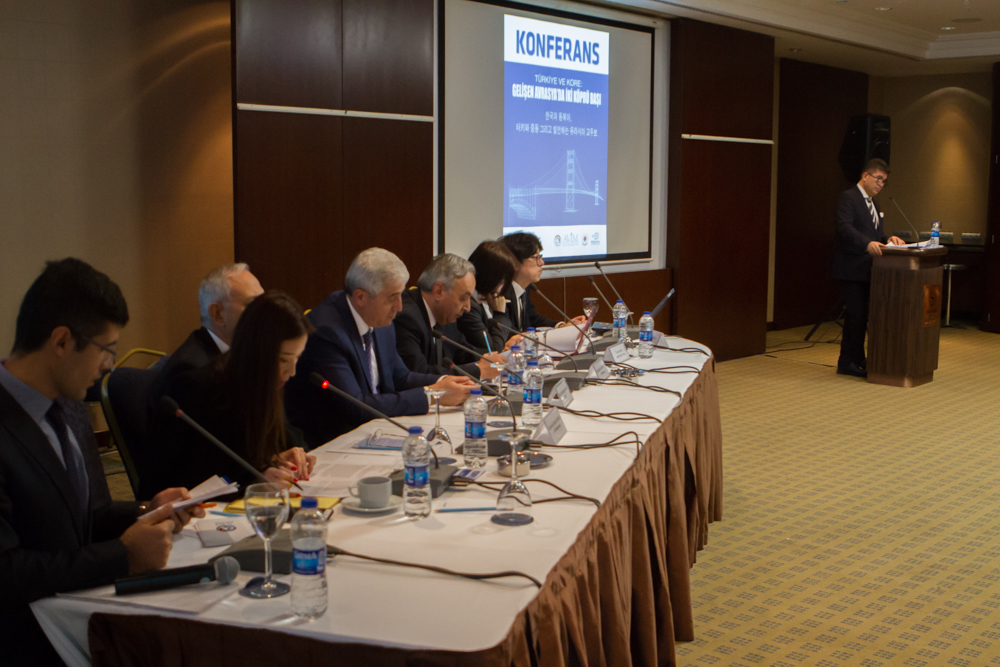 CONFERENCE ENTITLED “TÜRKİYE VE KORE: GELİŞEN AVRASYA’DA İKİ KÖPRÜ BAŞI” (TURKEY AND KOREA: TWO BRIDGEHEADS IN THE THRIVING EURASIA)
CONFERENCE ENTITLED “TÜRKİYE VE KORE: GELİŞEN AVRASYA’DA İKİ KÖPRÜ BAŞI” (TURKEY AND KOREA: TWO BRIDGEHEADS IN THE THRIVING EURASIA)
 GREECE, GREEK CYPRIOT ADMINISTRATION AND ARMENIA - COMMONALITIES
GREECE, GREEK CYPRIOT ADMINISTRATION AND ARMENIA - COMMONALITIES




























